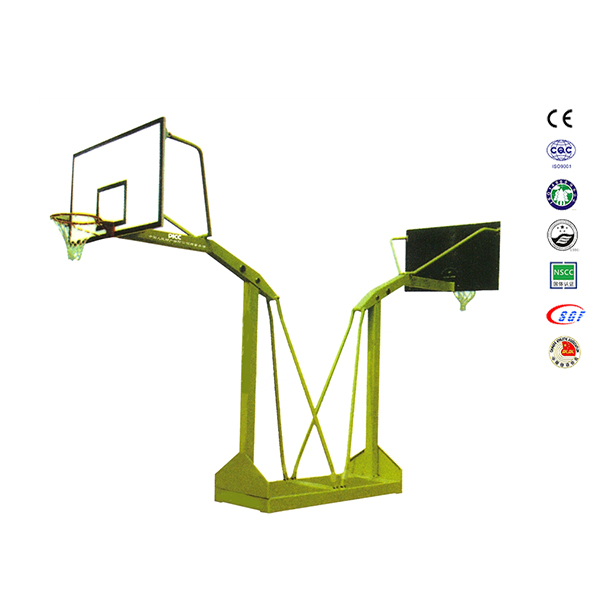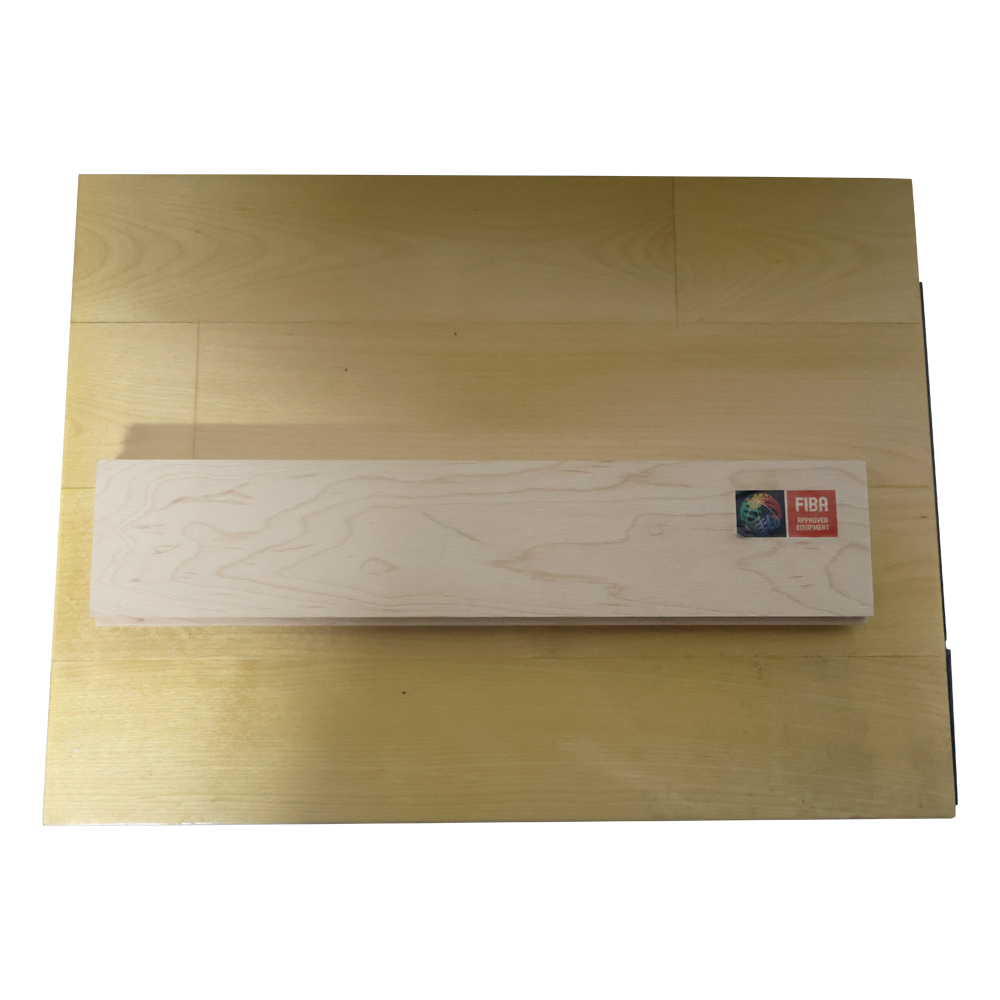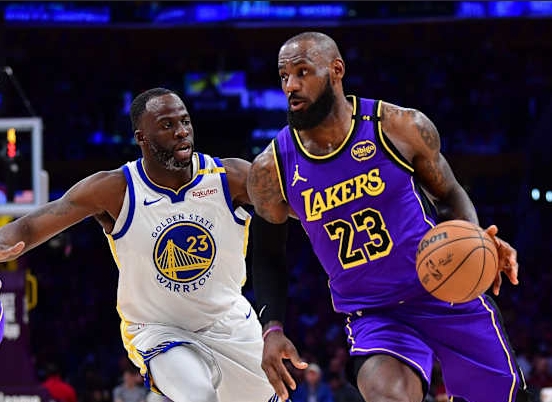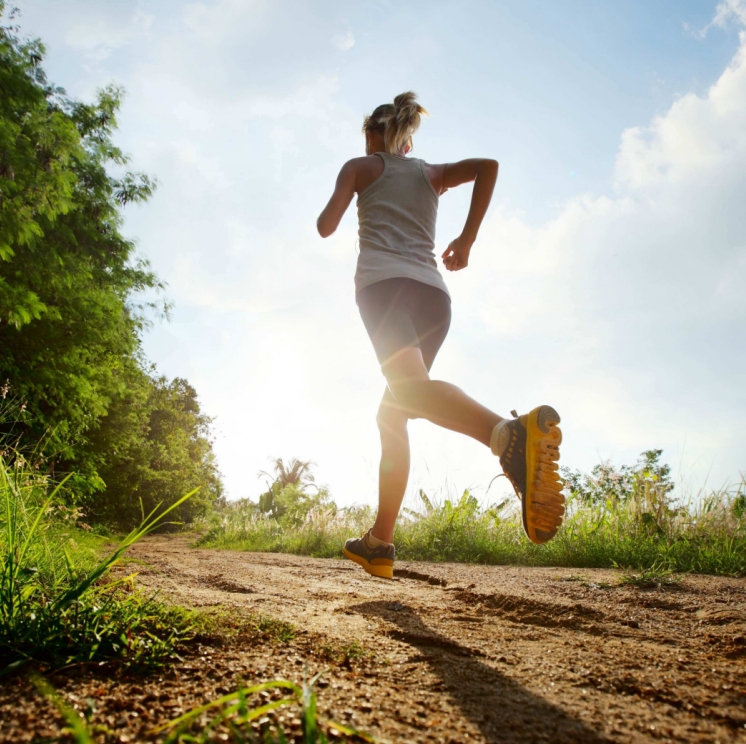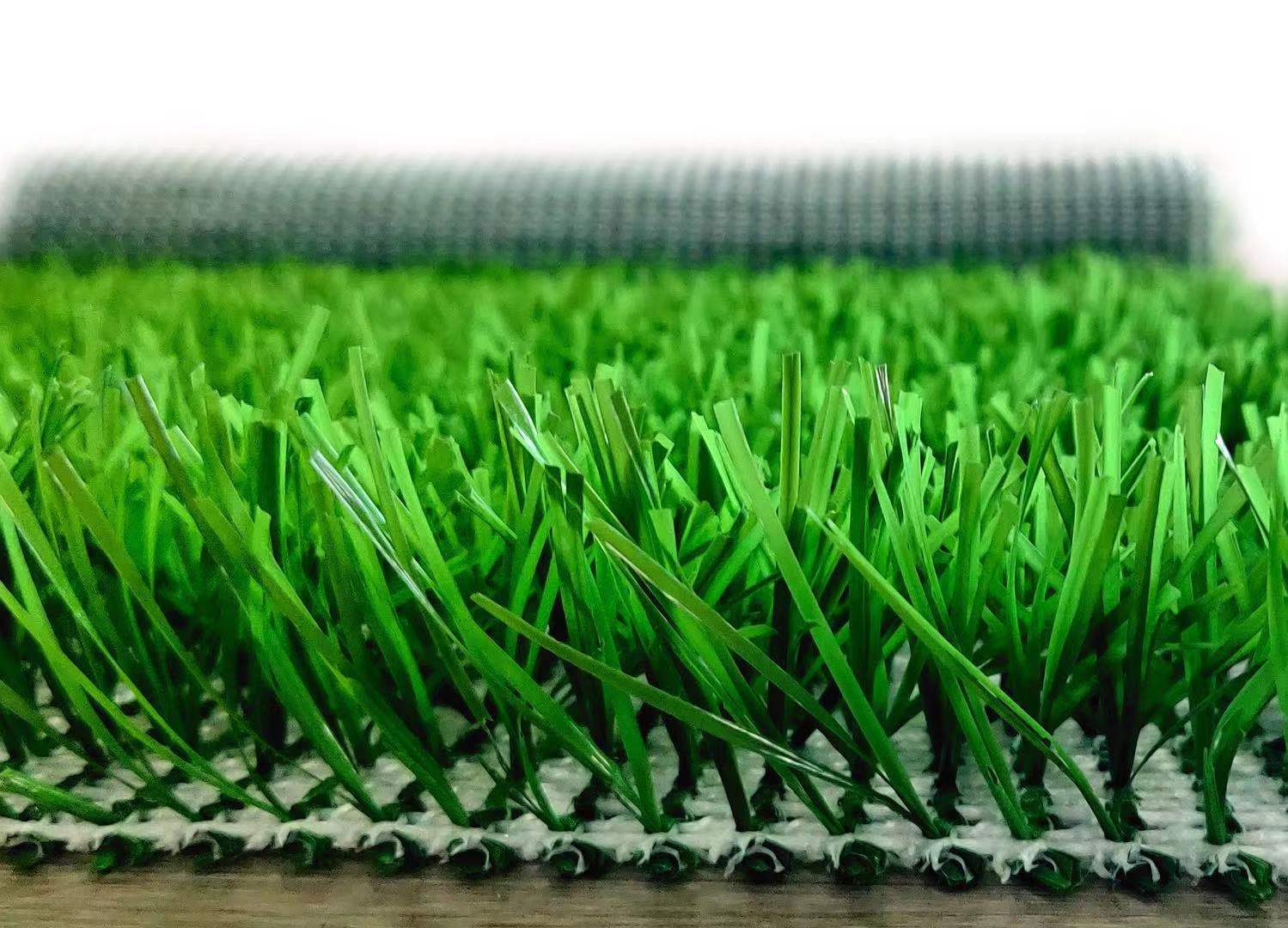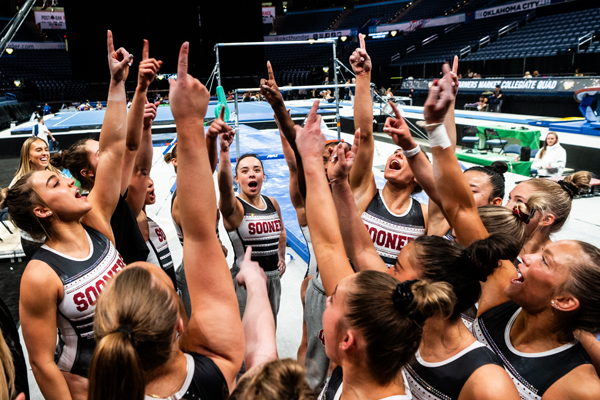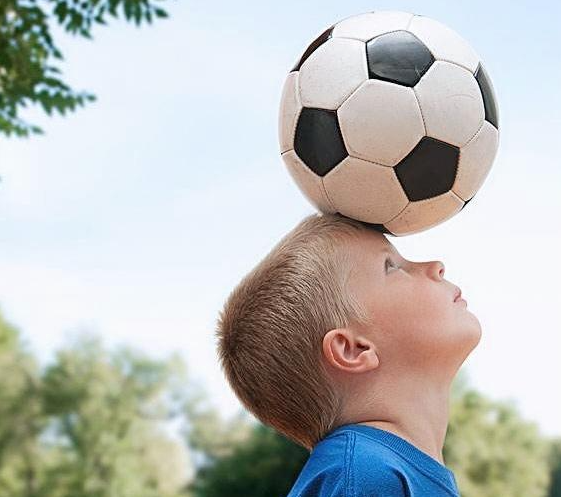Product
What should you eat after football training
Basic Info
1. Replenish water and electrolytes lost due to sweating
2. Replenish glycogen consumed during exercise
3. Repair injured muscles and tissues
Nutritional supplementation after intense football exercise focuses on three aspects:
1. Replenish water and electrolytes lost due to sweating
2. Replenish glycogen consumed during exercise
3. Repair injured muscles and tissues
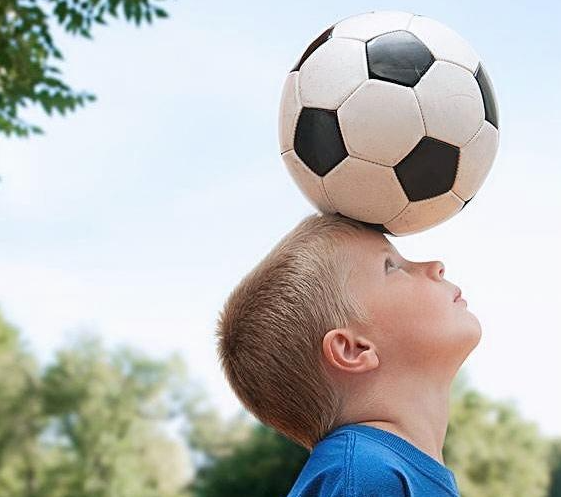
1. Electrolyte supplementation
The main electrolytes in sweat are sodium and chloride ions, with small amounts of potassium and calcium. Except for very long-term exercise, such as triathlons, or strenuous exercise for more than several hours in hot weather, most athletes will only lose a very small amount of electrolytes in the body, and the electrolytes stored in the body will automatically be released into In the blood, electrolytes are maintained constant. Therefore, there is no need to replenish electrolytes after exercise. For the aforementioned exceptions, diluted salt water or sports drinks can be used to replenish water and electrolytes after exercise.Well-trained athletes or people who often exercise in hot weather will have less electrolytes in their sweat. Because the body has an automatic adaptation function and tends to preserve electrolytes, even if the amount of sweat is the same as that of ordinary people, , but the loss of electrolytes is relatively small.

2. Moisture supplement
Vigorous exercise will cause a large amount of water to be lost through sweat. Dehydration will affect exercise performance. Even if you lose 1% of your body weight in water, your body temperature will become higher and you will be more likely to fatigue. Losing 3% of body weight in water will significantly affect exercise performance. Even if water is replenished during exercise, it is usually less than the amount lost. Therefore, after exercise, most athletes are in a state of varying degrees of dehydration and need to actively replenish water to prepare for the ensuing stress. Game ready.If you want to know how much water you lose during exercise, the most direct way is to calculate the difference in weight before and after exercise. Every kilogram of weight loss means that you need to add at least one liter of water, or even more. Because you will continue to sweat and urinate after exercise. It may not be easy to measure your weight after the game. You can simulate the game during practice and then measure the weight loss as a basis for replenishing water after the game.
If it is not convenient to measure your weight, you can also drink water according to your thirst. However, human beings' thirst sense is not sensitive. Even if the body is already in a state of dehydration, it still will not feel thirsty, or although the water drank is not enough to completely replenish the lost water, it is enough to relieve thirst. So even if you no longer feel thirsty, you still need to drink at least 2 to 3 glasses of water to replenish enough water.
Another obvious indicator is urination. If there is very little or no urination 1 to 2 hours after exercise, and the color of the urine is very dark, it means that the body is still dehydrated and needs to be replenished quickly. until the urine output returns to normal and the color of the urine becomes very light or colorless, it means that the body has enough water.

3. Sugar supplement
Glycogen is one of the main sources of energy during exercise and is found in muscles and liver. The glycogen in the muscles can only be used by muscle cells, while the glycogen in the liver can be released into the blood in the form of glucose to supply the muscles and other organs of the body. Insufficient glycogen storage in the body to meet the needs of exercise is one of the reasons for fatigue, reduced exercise performance, and inability to continue exercising. After exercise, the glycogen storage in the body is significantly reduced. If there is no active supplement, the performance of the next exercise will be poor. It will be reduced by insufficient glycogen.Research shows that the body synthesizes glycogen most efficiently within two hours after exercise, and returns to normal levels after two hours. Therefore, if you quickly replenish sugar after exercise, you can take advantage of this natural high-efficiency period. Quickly replenish the glycogen consumed in the body. This high-efficiency period is especially important if the next training or competition is within 10-12 hours, because if you miss this period, your body may not have enough time to fully replenish it, even if you eat enough carbohydrates later in the day. The consumption of glycogen causes the glycogen storage in the body to decrease each time, making it easier and easier to feel tired. If the next exercise is 24-48 hours later, even if you miss this period, as long as you focus on high-sugar foods, there will still be enough time to replenish all the consumed glycogen.
The general recommendation is to eat 50-100 grams of sugar within 15-30 minutes after exercise (approximately one gram of sugar per kilogram of body weight), and then eat another 50-100 grams of sugar every two hours until until the athlete has time to eat a proper meal. Meals and other meals during exercise should also be based on carbohydrate-rich foods.

LDK Custom Caged Football Field
4. Muscle and tissue repair
Even non-contact sports can cause damage to muscle fibers and connective tissues. Part of the soreness after exercise comes from injured muscle tissue. Contact sports, such as basketball, football, and rugby, can cause more pain. Muscle damage.Supplementing protein quickly after exercise can help repair injured muscles and tissues. The efficiency of injured muscles in synthesizing and storing glycogen will also be reduced. Therefore, athletes who participate in contact sports or are injured after competition need to supplement more protein. Carbohydrates also need to be grasped during the high-efficiency period two hours after exercise to effectively replenish the glycogen consumed in the body.
Kind tips
The above four items are the most important nutrients for athletes, so after playing Football, the first thing we need to do is replenish water. However, it should be noted that when replenishing water, ice water cannot be used instead. That is extremely unhealthy.
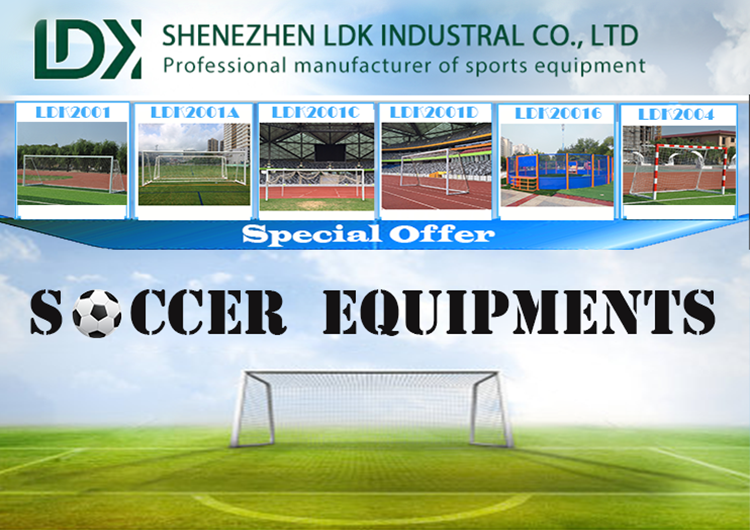
More LDK football product recommendations:
Football Cage
Futsal Goals
Metal Football Goal
Aluminum Football Goal
Foldable Football Goal
Portable Football Goal
Mini Football Goal
Futsal Goals
Metal Football Goal
Aluminum Football Goal
Foldable Football Goal
Portable Football Goal
Mini Football Goal
LDK sports equipment manufacturer's promotion is in progress: Click to contact us now






